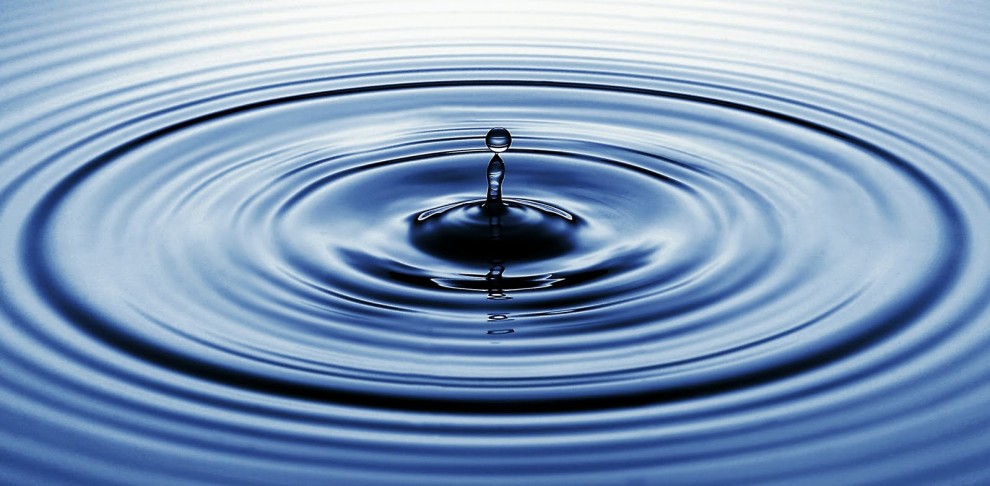For us Earthlings, at least, there is nothing more fundamental than water: more than two-thirds of the surface of our planet is submerged beneath it; and almost the same proportion of the body mass of every adult is composed of water. Most of us could survive without food for weeks on end, but would die after only three days or so without water.
Indeed, if we go for very long at all without water, that part of the forebrain known as the hypothalamus triggers the thirst response, and we seek water with increasing urgency. Almost as important is the utility of water for washing: several crucial activities, such as eating, and many other enjoyable activities demand at least a modicum of bodily cleanliness.
So ingrained in our minds are the nourishing and cleansing properties of water that they are regularly appropriated as metaphors and similes that at once express the most basic and most profound of human experiences. Scriptures and rituals of ancient religions in both East and West rely heavily on the symbolism of water: the Jewish mikvah immersion rituals; the baptismal font in Christianity; the Muslim wudu before prayer; the similar pre-prayer washing of the Hindus; and the seeking of forgiveness in the waters of the Ganges. The renowned 16th-century Spanish mystic St Teresa of Ávila made extensive use of water imagery, commenting:
…I don’t find anything more appropriate to explain some spiritual experiences than water; and this is because I am so fond of this element that I have observed it more attentively than other things… St Teresa of Ávila, The Interior Castle, IV, Ch. 2: 2
She developed an elaborate series of water similes to express various stages in the development of spiritual consciousness. Such use of water imagery would appear to be timeless and universal: Carl Jung found water to be ‘the most common symbol of the unconscious’.
Throughout history, both the beauty and daunting power of water have also inspired secular poetry. Some of the highlights of English-language poesy describe and draw upon the visual impact of flowing water, such as Gerard Manley Hopkins’ ‘Inversnaid’ (see frontispiece), or W.H. Auden’s ‘Streams’: …
Dear water, clear water, playful in all your streams…
As often as not, water imagery is used as a simile for the attributes of a loved one, as in ‘The Loch Tay Boat Song’ (attributed to Harold Boulton): …And her dance is like the gleam o’ the sunlight on the stream…
Hence, as you are now aware of the fact that water is one of the most essential elements of our day-to-day lives, make sure that you don’t have to go through the traumatic experience of going without water even for a single day. Call your water supplier directly at Thames Water Contact Number as early as possible and pay your water bill before the impending due date and enjoy uninterrupted water supply at your home.



